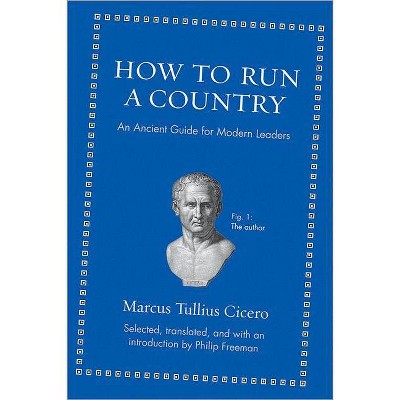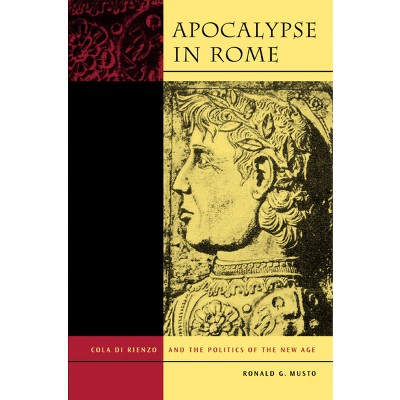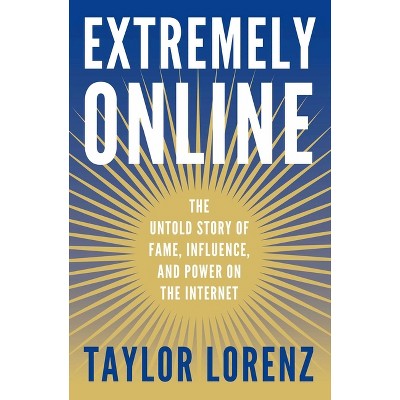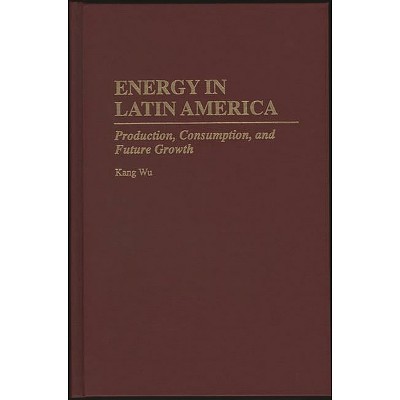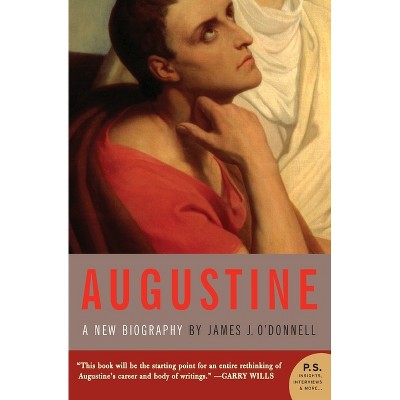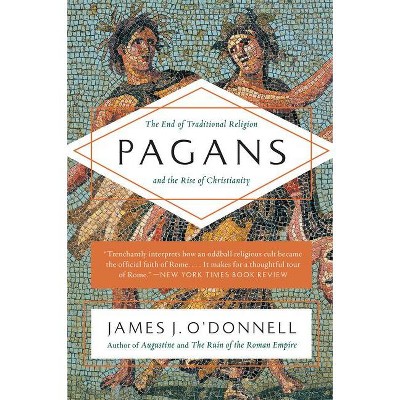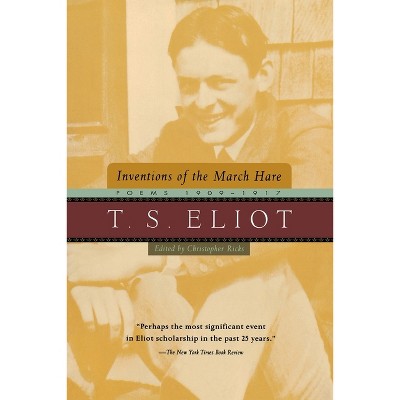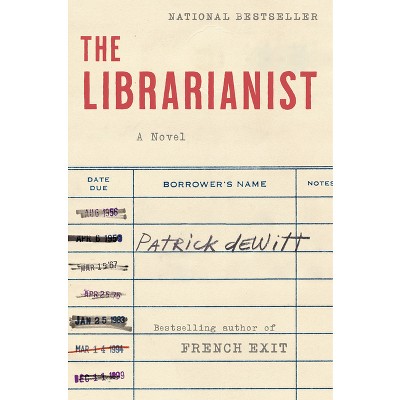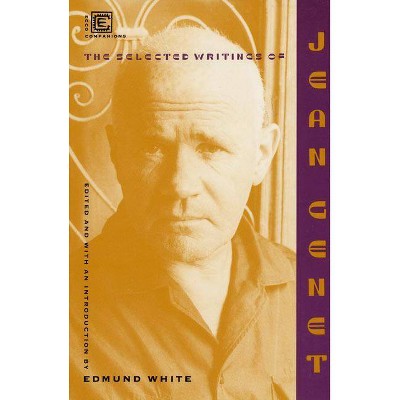Sponsored

The Ruin of the Roman Empire - by James J O'Donnell (Paperback)
In Stock
Sponsored
About this item
Highlights
- "An exotic and instructive tale, told with life, learning and just the right measure of laughter on every page.
- Author(s): James J O'Donnell
- 448 Pages
- History, Ancient
Description
About the Book
This vivid history takes readers back to the sixth century, into the lives, cultures, and events that influenced ancient Rome. O'Donnell captures the richness of late antique life and the colorful characters of the age. 20 b&w illustrations and maps.Book Synopsis
"An exotic and instructive tale, told with life, learning and just the right measure of laughter on every page. O'Donnell combines a historian's mastery of substance with a born storyteller's sense of style to create a magnificent work of art. Perfect for history-lovers and admirers of great writing alike." -- Madeleine K. Albright, former U.S. Secretary of State
The dream Alexander the Great and Julius Caesar shared of uniting Europe, the Mediterranean, and the Middle East in a single community shuddered and then collapsed in the wars and disasters of the sixth century. Historian and classicist James J. O'Donnell--who last brought readers his masterful, disturbing, and revelatory biography of Saint Augustine--revisits this old story in a fresh way, bringing home its sometimes painful relevance to today's issues.
With unexpected detail and in his hauntingly vivid style, O'Donnell begins at a time of apparent Roman revival and brings readers to the moment of imminent collapse that just preceded the rise of Islam. Illegal migrations of peoples, religious wars, global pandemics, and the temptations of empire: Rome's end foreshadows today's crises and offers hints how to navigate them--if present leaders will heed this story.
From the Back Cover
The dream Alexander the Great and Julius Caesar shared of uniting Europe, the Medi-terranean, and the Middle East in a single community shuddered and then collapsed in the wars and disasters of the sixth century. Historian and classicist James J. O'Donnell--who last brought readers his masterful, disturbing, and revelatory biography of Saint Augustine--revisits this old story in a fresh way, bringing home its sometimes painful relevance to today's issues.
With unexpected detail and in his hauntingly vivid style, O'Donnell begins at a time of apparent Roman revival and brings readers to the moment of imminent collapse that just preceded the rise of Islam. Illegal migrations of peoples, religious wars, global pandemics, and the temptations of empire: Rome's end foreshadows today's crises and offers hints how to navigate them--if present leaders will heed this story.
Review Quotes
"A massively scholarly and lively biography." - The Economist
"An exotic and instructive tale, told with life, learning and just the right measure of laughter on every page. O'Donnell combines a historian's mastery of substance with a born storyteller's sense of style to create a magnificent work of art. Perfect for history-lovers and admirers of great writing alike." - Mademoiselle
"An exotic and instructive tale, told with life, learning and just the right measure of laughter on every page. O'Donnell combines a historian's mastery of substance with a born storyteller's sense of style to create a magnificent work of art. Perfect for history-lovers and admirers of great writing alike." - Madeleine K. Albright, former U.S. Secretary of State
"A vigorous history of the decline and fall of the Roman Empire." - Kirkus Reviews
"James O'Donnell is an engaging writer with an important story to tell. . . . . His discussion of the Emperor Justinian's failed military and diplomatic maneuverings against Persia leads to a new and valuable understanding of the contemporary Middle East." - Lewis Lapham
"James O'Donnell's The Ruin of the Roman Empire: A New History takes as its centrepiece the period of Ostrogothic rule in sixth-century Italy. . . . [It is] revelatory: scholarly and original, unafraid to tackle profound issues of cultural and religious identity, and often hauntingly poetic." - Times Literary Supplement (London)
"O'Donnell's richly layered book provides significant glimpses into the many factors that leveled a mighty empire." - Publishers Weekly
"Poetic, haunting and humane: a learned and often visceral account of how the Mediterranean ceased to be Roman which serves simultaneously as charge-sheet and lament." - Tom Holland, author of Rubicon
Shipping details
Return details
Frequently bought together


Trending Non-Fiction






